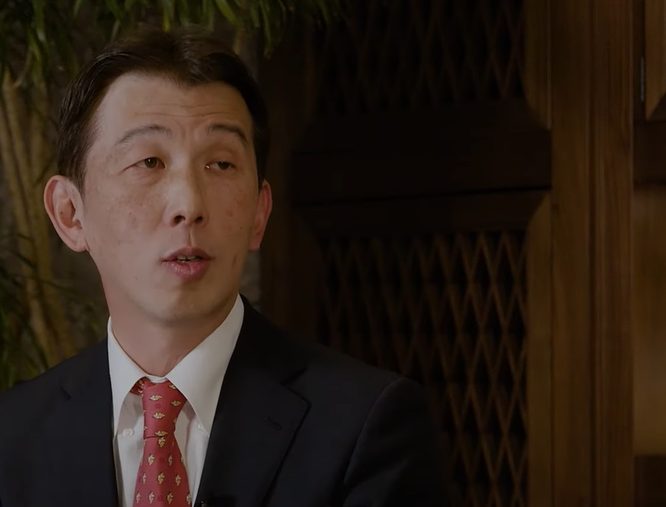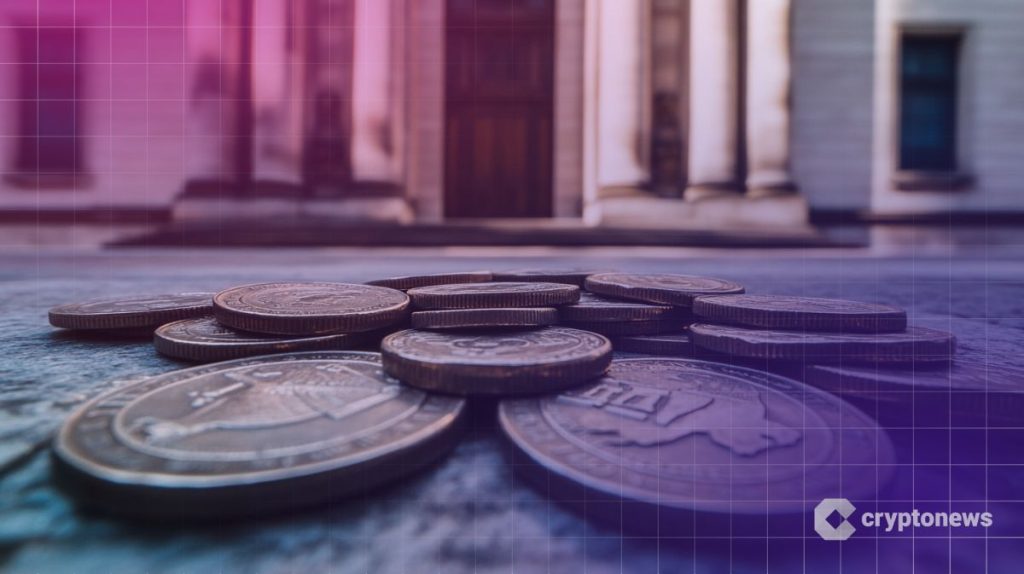Last updated:
 Why Trust Cryptonews
Why Trust Cryptonews

The Japanese megabank Mitsubishi UFJ Trust and Banking is set to issue the nation’s first fiat-pegged stablecoin.
Per reports from the newspaper Yomiuri Shimbun and the media outlet CoinPost, the firm said it completed development on the coin “at the end of last year.”
Mitsubishi UFJ: Stablecoin Ready to Roll Out
Hiroshi Kubota, who took up the role of Mitsubishi UFJ Trust and Banking CEO on April 1 this year, said the company was making “final adjustments” on the coin prior to rollout.

The newspaper wrote that the stablecoin will initially be used in the carbon credits trading sphere.
The bank plans to “expand” the coin’s use to “trade settlements and other uses” at a later, unspecified date, Yomiuri wrote. Kubota said:
“[Stablecoins] are low-cost and allow for faster settlement. [The coin] is revolutionary and will contribute to the solving of social issues.”
Japanese financial players think that stablecoins will help “eliminate the burden” of having “multiple banks involved in current cross-border settlements.” They say that the current process “incurs high fees.”
This stablecoin will be classified as an “electronic payment instrument” under the terms of the Japanese Payment Services Act.
The newspaper added that Mitsubishi UFJ’s banking arm was “working with the digital infrastructure company [and affiliate] Progmat and others” on the “preparations” for the coin.

More Banks Ready to Move into Stablecoins Space
Mitsubishi UFJ Trust and Banking Corporation is part of the wider Mitsubishi UFJ Financial Group. The latter is one of the world’s largest financial services players.
The firm has been working on stablecoins and stablecoin interoperability platforms for several years.
In addition to Progmat, the firm has also been working with cryptoasset sector partners such as the domestic crypto exchange Bitbank.
More Japanese banks are widely expected to enter the stablecoin sector in the months ahead.
Earlier this week, Japanese media outlets reported that the Mitsubishi UFJ rival Sumitomo Mitsui Financial Group was readying its own stablecoin.
The bank is working with the blockchain player Ava Labs and crypto infrastructure firm Fireblocks on its project.
Key amendments to the Payment Services Act came into effect in June 2023. These allow “qualified” Japanese firms to issue and distribute legal tender-backed stablecoins by qualified administrators.
Progmat has been operating within these new legal frameworks. It has been working mainly with top public blockchain networks like Ethereum.
CoinPost wrote that the Mitsubishi UFJ “initiative” was “attracting attention,” due to the fact that it “opens up new possibilities for the tokenization of real assets (RWAs) and stablecoin payments.”
Kubota, meanwhile, also revealed his intention to ensure the bank posts gross profits of at least 30 billion yen (over $206 million) by 2034.
He explained he hoped to reach the goal by pursuing “new business.” He said this would be done in areas such as stablecoin-related projects and collaborations with startups. Kubota concluded:
“If we meet social needs, that will lead to big business opportunities. If we do not continue to find new business avenues, there will be no reason for this company to exist.”





